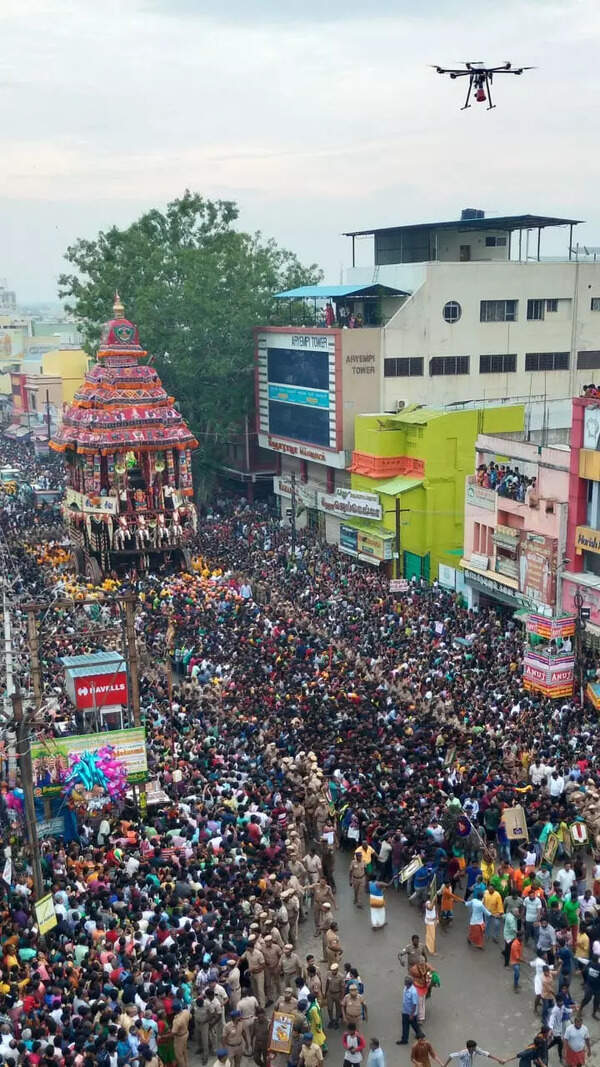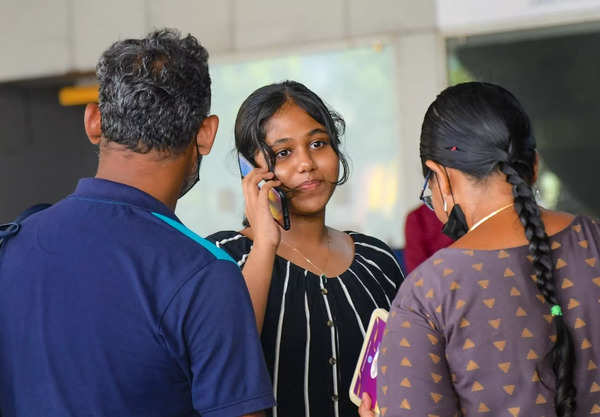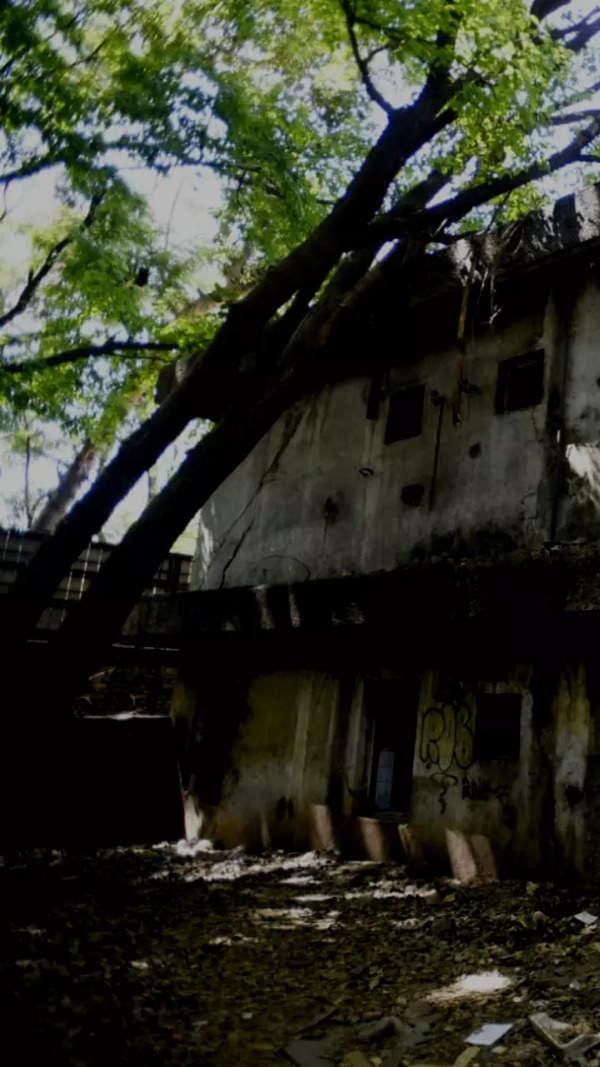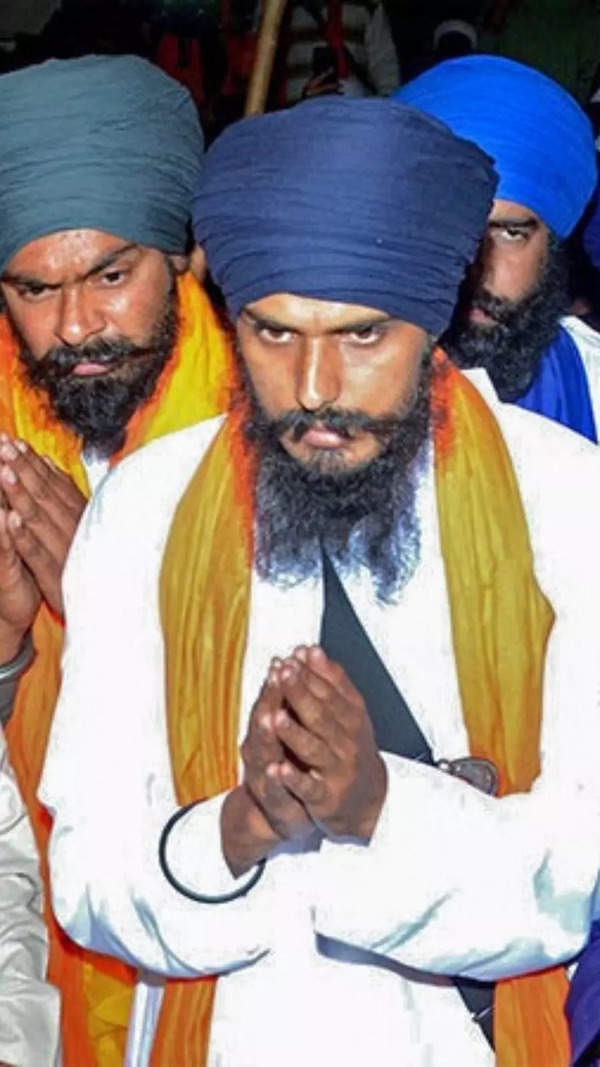- News
- India News
- Foul language not enough to impose SC/ST Act case: Supreme Court
Trending Topics
Foul language not enough to impose SC/ST Act case: Supreme Court

NEW DELHI: The Supreme Court on Friday held that using foul or abusive language against a member of Scheduled Castes and Scheduled Tribes would not be sufficient in itself to slap a case against a person under SC/ST (Prevention of Atrocities) Act and remarks have to be casteist in nature to prosecute a person under the law.
A bench of Justices S Ravindra Bhat and Dipankar Datta said that in order to slap penal provision of section 3(1)(x) of the SC/ST Act, it has to be proved that such remarks are made intentionally in a public place and the utterance should be laced with casteist remarks.
"The legislative intent seems to be clear that every insult or intimidation for humiliation to a person would not amount to an offence under section 3(1)(x) of the SC/ST Act unless, of course, such insult or intimidation is targeted at the victim because of he being a member of a particular Scheduled Caste or Tribe. If one calls another an idiot (bewaqoof) or a fool (murkh) or a thief (chor) in any place within public view, this would obviously constitute an act intended to insult or humiliate by user of abusive or offensive language. Even if the same be directed generally to a person, who happens to be a Scheduled Caste or Tribe, per se, it may not be sufficient to attract section 3(1)(x) unless such words are laced with casteist remarks," the bench said.
The bench said it is desirable that before an accused is subjected to a trial for alleged commission of offence under section 3(1)(x), the utterances made by him in any place within public view are outlined, if not in the FIR, but at least in the charge-sheet so as to enable the court to ascertain whether the chargesheet makes out a case of an offence under the SC/ST Act.
The court quashed the case lodged against the person under the Act, saying that neither the FIR nor the chargesheet in the case made any reference to the utterances of the accused during the course of verbal altercation or to the caste to which the complainant belonged. The court also noted that the alleged abusive utterances were made in the presence of the complainant and his wife and his son and there was no other person present so it cannot be said to be in public view as no member of the public was present there.
A bench of Justices S Ravindra Bhat and Dipankar Datta said that in order to slap penal provision of section 3(1)(x) of the SC/ST Act, it has to be proved that such remarks are made intentionally in a public place and the utterance should be laced with casteist remarks.
"The legislative intent seems to be clear that every insult or intimidation for humiliation to a person would not amount to an offence under section 3(1)(x) of the SC/ST Act unless, of course, such insult or intimidation is targeted at the victim because of he being a member of a particular Scheduled Caste or Tribe. If one calls another an idiot (bewaqoof) or a fool (murkh) or a thief (chor) in any place within public view, this would obviously constitute an act intended to insult or humiliate by user of abusive or offensive language. Even if the same be directed generally to a person, who happens to be a Scheduled Caste or Tribe, per se, it may not be sufficient to attract section 3(1)(x) unless such words are laced with casteist remarks," the bench said.
The bench said it is desirable that before an accused is subjected to a trial for alleged commission of offence under section 3(1)(x), the utterances made by him in any place within public view are outlined, if not in the FIR, but at least in the charge-sheet so as to enable the court to ascertain whether the chargesheet makes out a case of an offence under the SC/ST Act.
The court quashed the case lodged against the person under the Act, saying that neither the FIR nor the chargesheet in the case made any reference to the utterances of the accused during the course of verbal altercation or to the caste to which the complainant belonged. The court also noted that the alleged abusive utterances were made in the presence of the complainant and his wife and his son and there was no other person present so it cannot be said to be in public view as no member of the public was present there.
Start a Conversation
FOLLOW US ON SOCIAL MEDIA
FacebookTwitterInstagramKOO APPYOUTUBE










